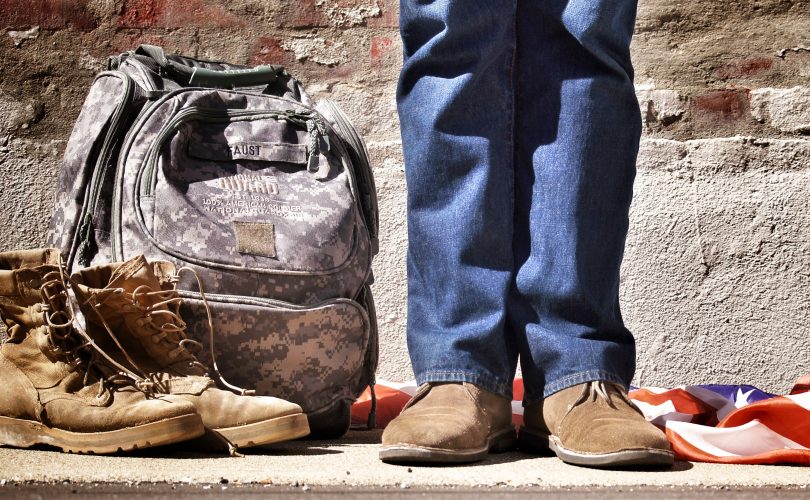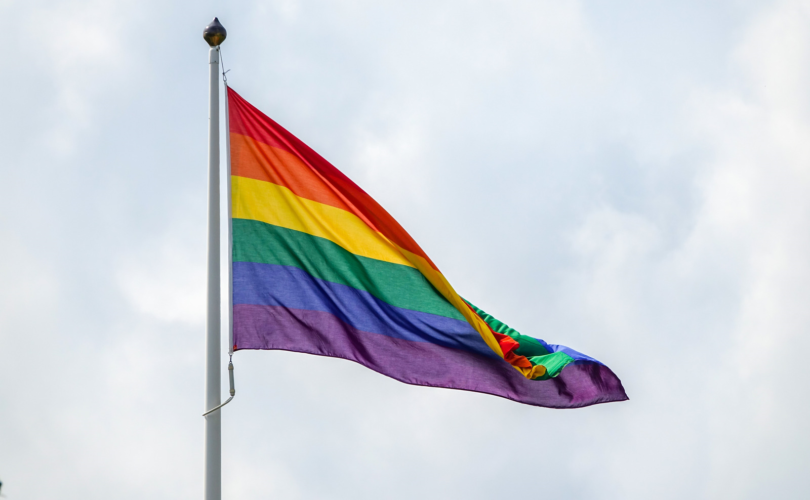Most Americans know someone – a co-worker, friend, parent, sibling, spouse, child, or other family member – who has served or is currently serving in some branch of the military. Those who have actively served in wars may have experienced psychological stressors that an average person can never imagine. These veterans develop a range of coping mechanisms – some healthy and some devastating.
Is the problem of substance abuse worse among veterans than the general population?
Unfortunately, yes. Dependence (defined as experiencing withdrawal symptoms if use of the substance is stopped) seems to be about the same in both veterans and the general population. According to the Substance Abuse and Mental Health Services Administration, about 7% of veterans have a substance abuse disorder as defined by medical diagnostic criteria. However, veterans use alcohol more frequently and more intensely than the general public; they are also more likely to drive under the influence. Marijuana use among veterans is reported at 3.5% in a month, compared to 3.0% of the general population.
Why do veterans engage in substance abuse?
Research has indicated that stress can be a major factor in both substance abuse and relapse. During the time in the military, most veterans have experienced some degree of stress. However, some veterans are given a diagnosis of “Post-Traumatic Stress Disorder” (PTSD). PTSD occurs when an individual is in a traumatic situation in which he or she feels terrified and helpless; the person’s life may be genuinely threatened in the situation, and afterwards, he or she tries not to think about it, but may unintentionally obsess over the circumstances. Clearly, veterans may experience just this type of situation in war and may turn to substances as a form of avoidance coping. These episodes of psychological distress were more frequent among female veterans (about 15%) than male veterans (about 7%). Younger veterans (age 18-25) reported episodes of psychological distress more often than their older counterparts. Interestingly, this group also had higher rates of substance abuse.
What should I do if I know a veteran with a substance abuse problem?
Many resources to treat substance abuse and addiction are available to veterans at VA Hospitals across the country. Studies indicate that veterans tend to receive treatment for substance abuse problems at a higher rate than the general population. If you know a veteran who is struggling with substance abuse and has not been successfully treated, we encourage you to call eDrug Rehab today and discuss their situation with an Intervention Specialist.
Addiction and PTSD Treatment for Female Veterans
Wed, 07/07/2010 – 17:13
Anonymous
Marin Services for Women MSW is unique in its ability to provide substance abuse treatment, trauma services, mental health services, addressing the needs of women in a safe environment that has a continuum of services. MSW has three decades of experience. MSW understands that unless the woman addresses the alcohol and drug use, trauma, post traumatic stress disorder, mental health issues such as anxiety and depression, and military sexual harassment issues, her chances of reintegration into the work environment are compromised. Other programs may provide a service component such as substance abuse treatment, but it is rare to have the expertise in one environment committed to women’s services to address all of these problems. Female veterans require more time-consuming, specialized, intensive assessment and counseling than is possible in many other programs.




